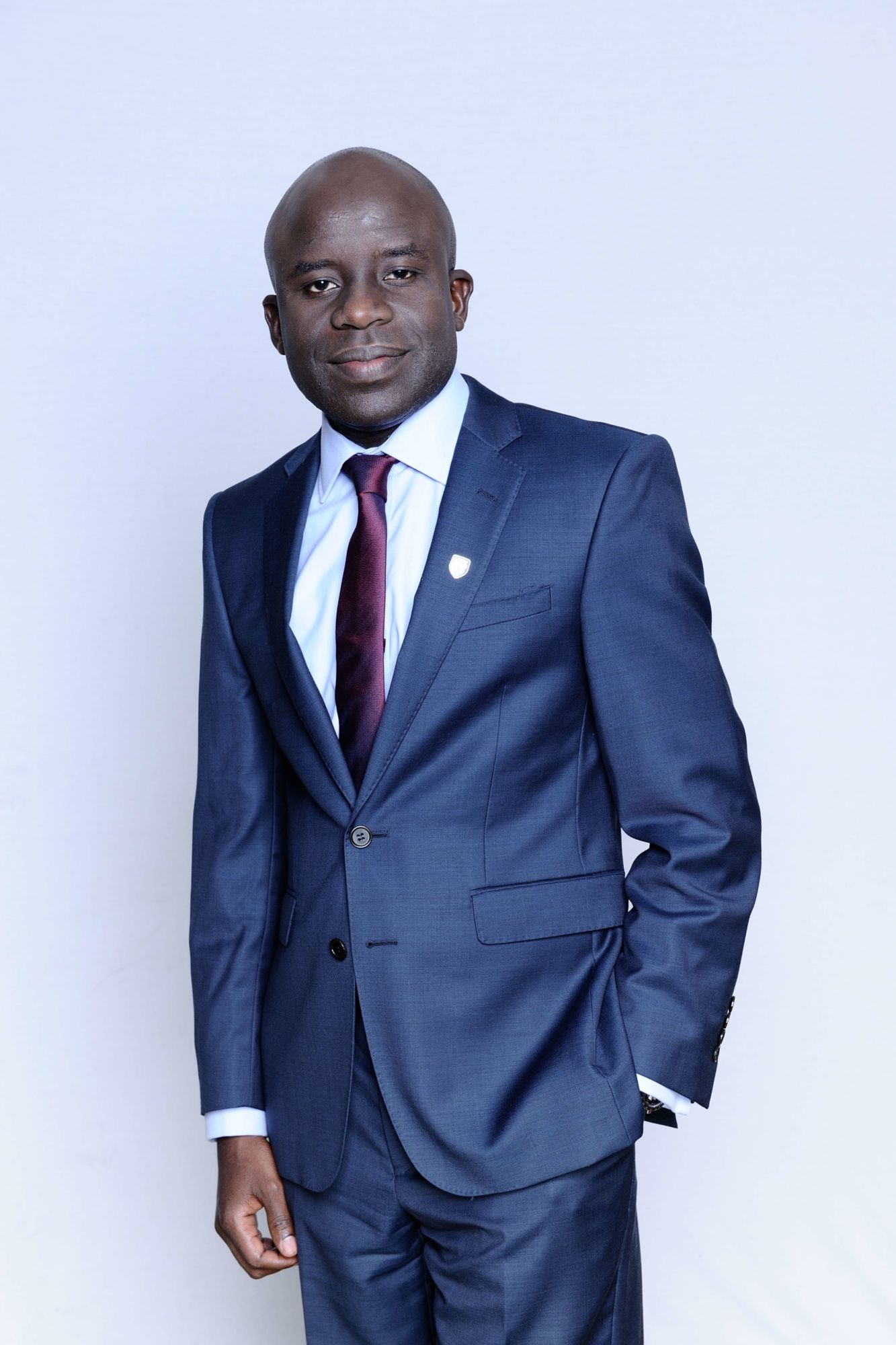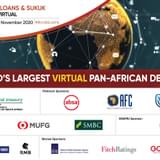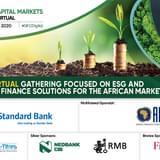In 2016, Stanbic IBTC Capital extended its leadership in Nigeria’s debt capital markets by leading or participating on a number of record-breaking transactions, including the largest local currency corporate bond to date. That many of those deals were inked against the backdrop of economic volatility makes them all the more impressive.
Stanbic IBTC Capital is a full service investment banking firm, and a wholly owned subsidiary of Stanbic IBTC Holdings PLC, a leading provider of banking and integrated financial services, pensions, wealth management products and investment services.
Last year was challenging for the Nigerian economy. How do you see the economy performing in 2017?
Many of the challenges that surfaced in 2016 still remain, unfortunately, and some of them have increased in terms of their intensity. The apparent or perceived lack of political will to address some of those challenges head-on have resulted in these problems being exacerbated. How 2017 pans out largely depends on what is done in three critical areas. The federal budget for 2017 will be critical – it sets the tone for the growth agenda and outlines the key spending priorities; this will be essential for restoring growth, particularly if the government moves down the path of economic diversification, and bolstering its investment in infrastructure. The second is foreign exchange policy. We essentially operate multiple exchange regimes, which is obviously quite problematic for the economy and attracting foreign currency liquidity. Previous efforts at managing the foreign exchange regime have achieved less than ideal results, but there does seem to be a renewed focus and willingness on behalf of the government and the Central Bank to address all facets of the problem head-on. If we can eliminate the FX issue, the level of confidence among offshore investors will improve, and we will begin to see flows coming back into the country. Addressing monetary policy will also be crucial in bolstering access to credit, particularly for SMEs and mid-cap companies. If we have a high interest rate environment, it will be quite challenging to achieve that, and getting rates under control will ensure monetary policy setters can help spur growth and new investment, particularly in areas of the economy like manufacturing and services. If these issues are tackled appropriately, it will pave the way for a much more interesting and prosperous year for the Nigeria in 2017.

When you speak to most CFOs and ask what keeps them awake at night, about 85-90% would point to their ability to source foreign exchange in order to meet their foreign currency obligations. This is especially true for manufacturers, which often have to source goods or foreign materials from outside the country. Many find themselves in the unenviable position where what they would rely on to produce locally is found on the list of 41 imported items banned from the foreign exchange market, and have to resort to alternative sources of financing to source the materials they need. We know of a number of factory and supply chain operators that have scaled back their operations as a result of these issues.
This is followed closely by constraints on their ability to access credit and working capital. Because banks, as a result of current policy, have far lower liquidity, the amount of credit they can extend to the private sector is limited. Even in terms of bilateral borrowing, clients are telling us it is increasingly difficult to access more credit.
Most clients we speak with have shifted over the past year to focus on securing local currency liquidity because it is less risky – on both sides of the transaction. That is shaping many of the transactions we are working on these days. Lenders are more willing to look at deals that are structured in local currency, and borrowers are looking for shorter tenors because borrowing has become more expensive. Lenders are increasingly inclined to lend in hard currencies only when borrowers have hard currency receivables, so that their risks are hedged; this is a departure from how many banks have approached lending in the past.
Dollar availability has been a severe constraint for some issuers and borrowers in Nigeria. How do you see the local currency credit market performing compared to hard currency funding in the country throughout the year?
The supply of bonds issued in foreign currency and related activity seems to have plummeted quite significantly. We’ve not had many corporates looking to borrow in dollars or raise funding in US dollars, and we are seeing far more activity in the local currency market, which has boosted its performance relative to Eurobonds.
Stanbic IBTC Capital worked on two landmark transactions last year – the Lafarge and Lagos Bonds. They were both fairly different deals. Can you take us through the issuing process for each, and share some insight into the kinds of challenges you encountered during the execution? What do you think made these transactions successful?
The key difference between the two deals had much to do with the fact that you have two very different issuers – one a state government, and the other a large blue chip multinational corporation. The structure of the deals and the process followed throughout issuance was actually fairly similar, but there were differences on the requirements in the eyes of regulators. In the case of Lafarge, which doesn’t issue frequently, that was one of the largest corporate bonds issued in the local market, at NGN60bn, and it was also the first time we had ever issued a dual-tranche bond with a corporate – allowing us to ensure we could match investors’ tenor and risk appetite appropriately. The Lagos State deal was a little bit different. It is a frequent issuer, and the deal we worked on last year was its fourth auction. For state governments, there is frequently a pre-deal inspection to get a sense of where the proceeds will be channelled or which projects will receive the funding, and a post-deal inspection to ensure the funds are being used appropriately.
Both transactions were significantly influenced by the context in which they were executed. The Lafarge transaction took place earlier in the year when there was a lot more liquidity in the market, allowing us to hit oversubscription and price the deal at levels that still make sense given today’s environment. Timing was a key success factor there – the market was not crowded so much of the attention in the local market focused on Lafarge. Lagos State issued during the closing stages of the year, when liquidity was tightening considerably, which meant that we ended up with a much higher interest rate than on the Lafarge deal, but lower than originally anticipated. Because of the issuer’s track record in the capital markets, most investors were willing to give it the benefit of the doubt and continue to extend it liquidity.
Stanbic IBTC Capital is an industry leader in Nigeria, a fairly competitive banking environment. How does the institution differentiate from its competitors?
What differentiates us from other banks, I think, is customer service in every part of the business. We continuously try to improve the quality of service we offer so that clients not only want to come back, but feel compelled to recommend us to their colleagues and friends. We always want to ensure we deliver on our promises, which means always understanding our clients’ needs and problems before recommending anything. We build teams that value these attributes, and that look for every opportunity possible to go further for our clients. We don’t just do deals or transactions, we build long-term relationships, which means continuously discussing new ideas with clients and keeping an open dialogue all year round.









